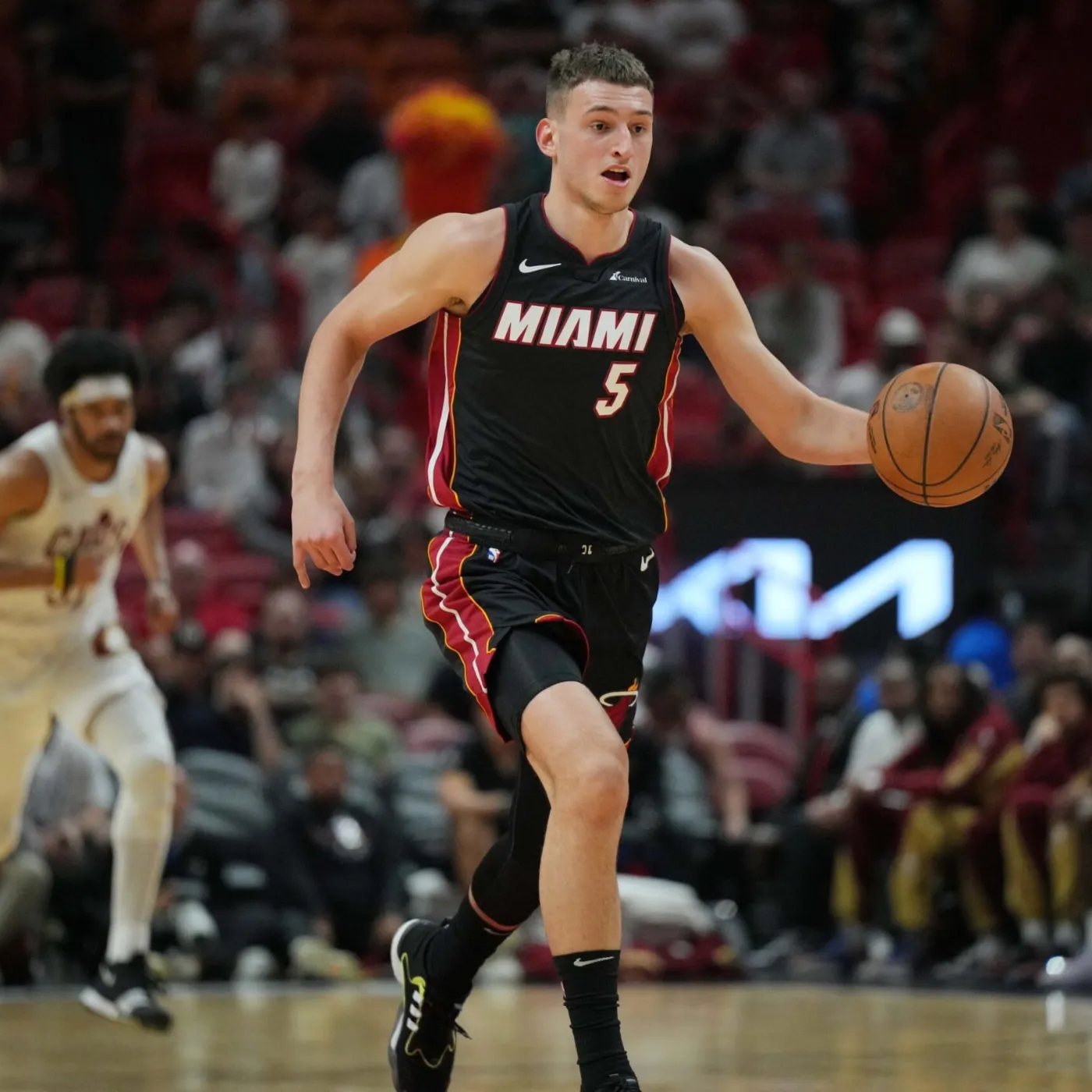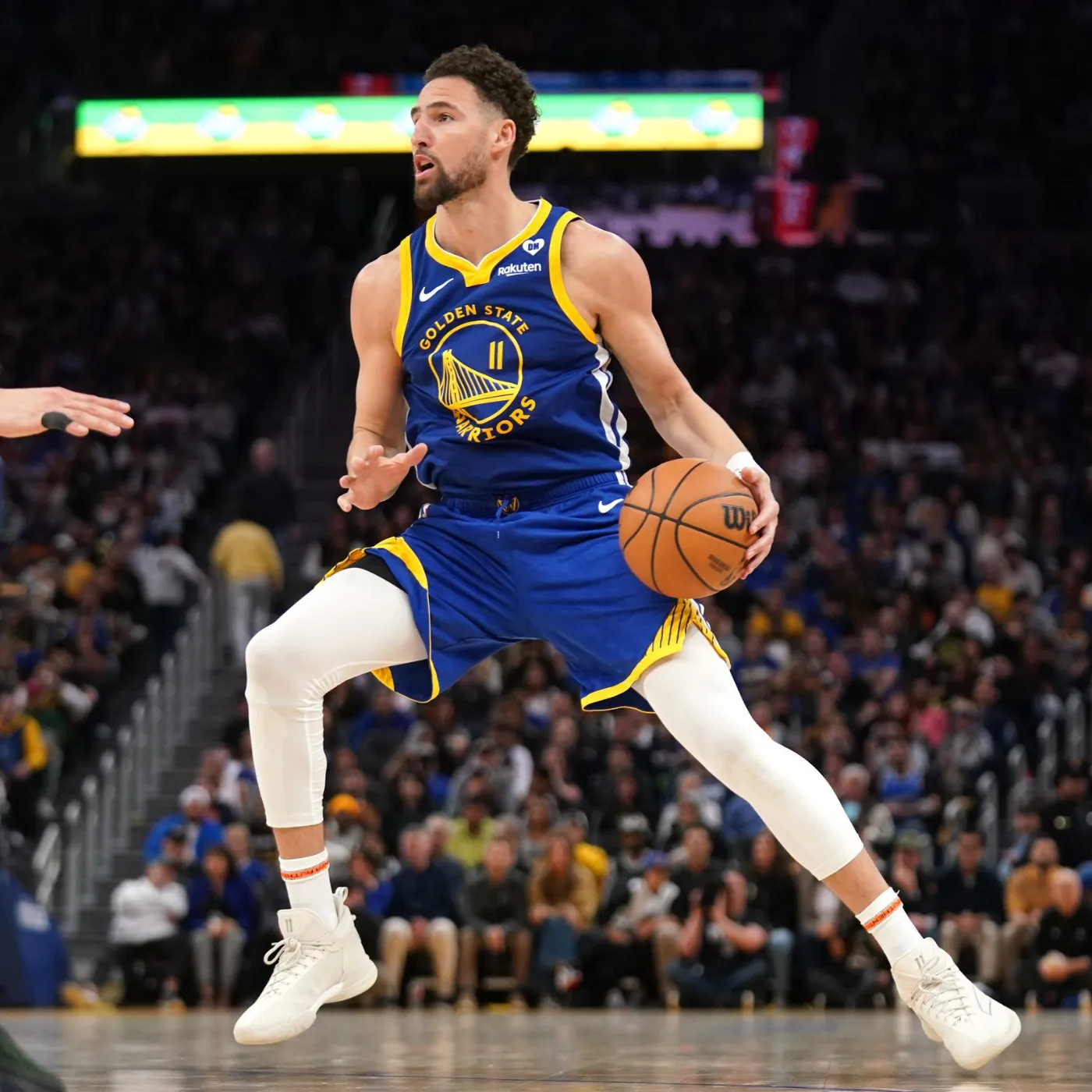
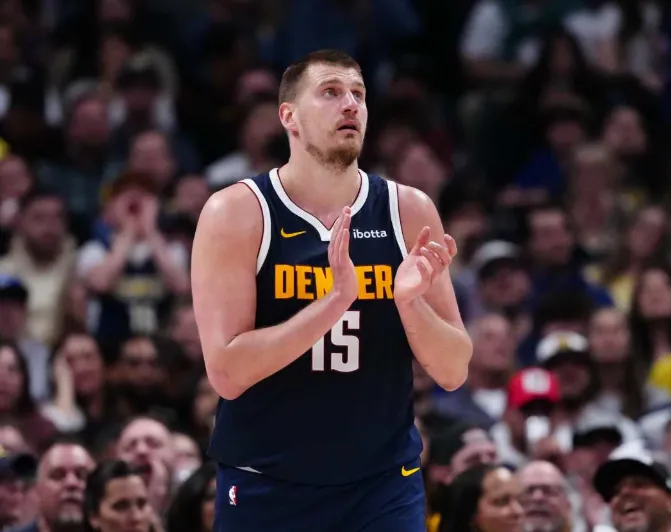
Nikola Jokic and the $312 Million Shaking Up the NBA: A Serbian Player Who Can Play as Long as He Wants, But Can American Stars Keep Up?
The NBA has witnessed plenty of generational talents, but Nikola Jokic’s rise from a second-round draft pick to a $312 million superstar has changed the rules of the game. The Serbian center has not only secured the largest contract in Denver Nuggets history—he’s redefined what dominance looks like in today’s positionless NBA.
In an era obsessed with flashy dunks, viral moments, and explosive guards, Jokic’s cerebral, effortless playstyle is shaking the foundations of American basketball culture. His massive contract is more than just a reward for back-to-back MVPs and an NBA Championship—it’s a challenge to the league’s traditional narrative of athleticism over efficiency.
But as American-born superstars face increasing pressure to keep up, one question emerges: Can they adapt to this new era of global precision and longevity?
Nikola Jokic’s $312 Million Contract: A Statement of Longevity and Control
When the Denver Nuggets finalized a five-year, $312 million extension with Nikola Jokic, it wasn’t just a financial headline—it was a moment that echoed through every front office in the NBA. Jokic became the highest-paid player in league history at the time, overtaking even the most marketable and explosive American athletes like Stephen Curry and LeBron James in pure contract value.
But what makes this contract so disruptive isn’t just the number—it’s what it represents. Jokic’s style is built on efficiency, intelligence, and long-term sustainability. He doesn’t rely on blistering speed or high-flying athleticism, which often wear down even the best players by their early 30s. Instead, he controls the game with patience, timing, and a basketball IQ that borders on clairvoyant.
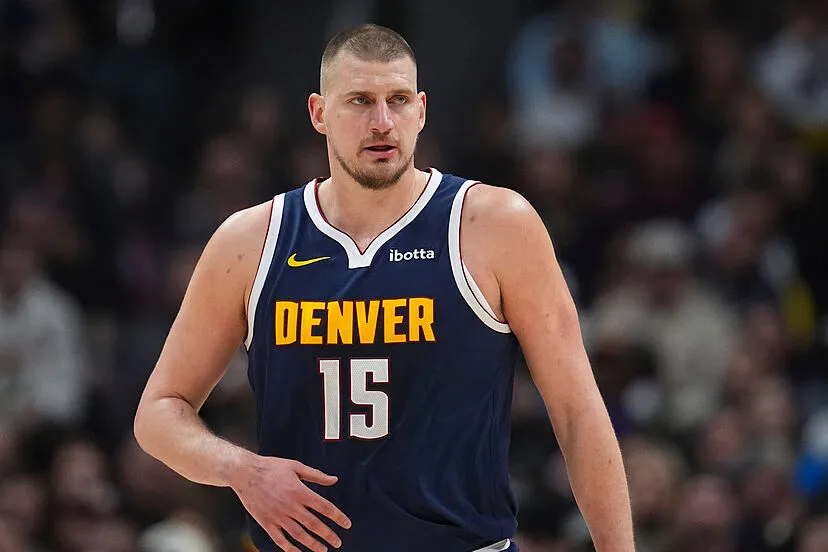
Denver’s investment wasn’t just in Jokic’s current dominance, but in the belief that he can play deep into his 30s—perhaps even beyond—at a high level. That’s a scary prospect for opposing teams and a reality check for American stars who have traditionally relied on explosiveness over subtlety.
The rise of international dominance in the NBA
For years, the NBA was seen as America’s ultimate showcase of athletic prowess. But that narrative has shifted dramatically in the past decade. From Dirk Nowitzki and Manu Ginóbili to Giannis Antetokounmpo, Luka Dončić, and Nikola Jokic, international players have not only entered the MVP conversation—they’ve dominated it.
Jokic’s rise stands out because of how fundamentally different his game is from what American fans have been conditioned to admire. He doesn’t dunk with fury or hit logo threes with panache. Yet he consistently outperforms traditional superstars in almost every advanced metric: Player Efficiency Rating, Box Plus-Minus, True Shooting Percentage—you name it.
In 2023 and 2024, Jokic averaged a near triple-double while maintaining elite shooting efficiency. He led the Nuggets to their first NBA Championship, then followed it with another deep playoff run. Through it all, he remained unbothered by fame, choosing horse racing and a quiet family life in Serbia over commercial endorsements and social media stardom.
This unorthodox trajectory makes his $312 million extension even more impressive—it proves that consistency and intellect can command NBA history-level paydays, challenging the glamor-first model long associated with American-born stars.
Can American stars keep up with the new model?
As Jokic redefines superstar value, American NBA players face an uncomfortable truth: the game is evolving past highlight reels. While players like Ja Morant, Anthony Edwards, and Zion Williamson generate headlines with athleticism and charisma, they’ve struggled to match Jokic’s impact on winning.
Take Ja Morant, for instance. Electrifying and magnetic, yes—but off-court distractions and injury concerns have raised questions about his long-term value. Zion Williamson? Dominant when healthy, but plagued by setbacks and conditioning issues. Meanwhile, Jokic quietly logs 70+ games per season, orchestrating every Nuggets possession like a maestro.
American players are now being measured against a new standard—one that values versatility, humility, and court vision over sheer explosiveness. Jokic doesn’t sell shoes or dominate Instagram feeds, but he racks up wins and MVP votes. This shift may push rising American talents to focus more on refining their fundamentals, expanding their passing, and protecting their bodies for the long haul.
The global blueprint: Jokic, Luka, and Giannis
What’s even more daunting for the old guard of American players is that Jokic is not alone. Luka Dončić and Giannis Antetokounmpo form a new axis of global basketball power, each offering a unique version of non-American excellence.
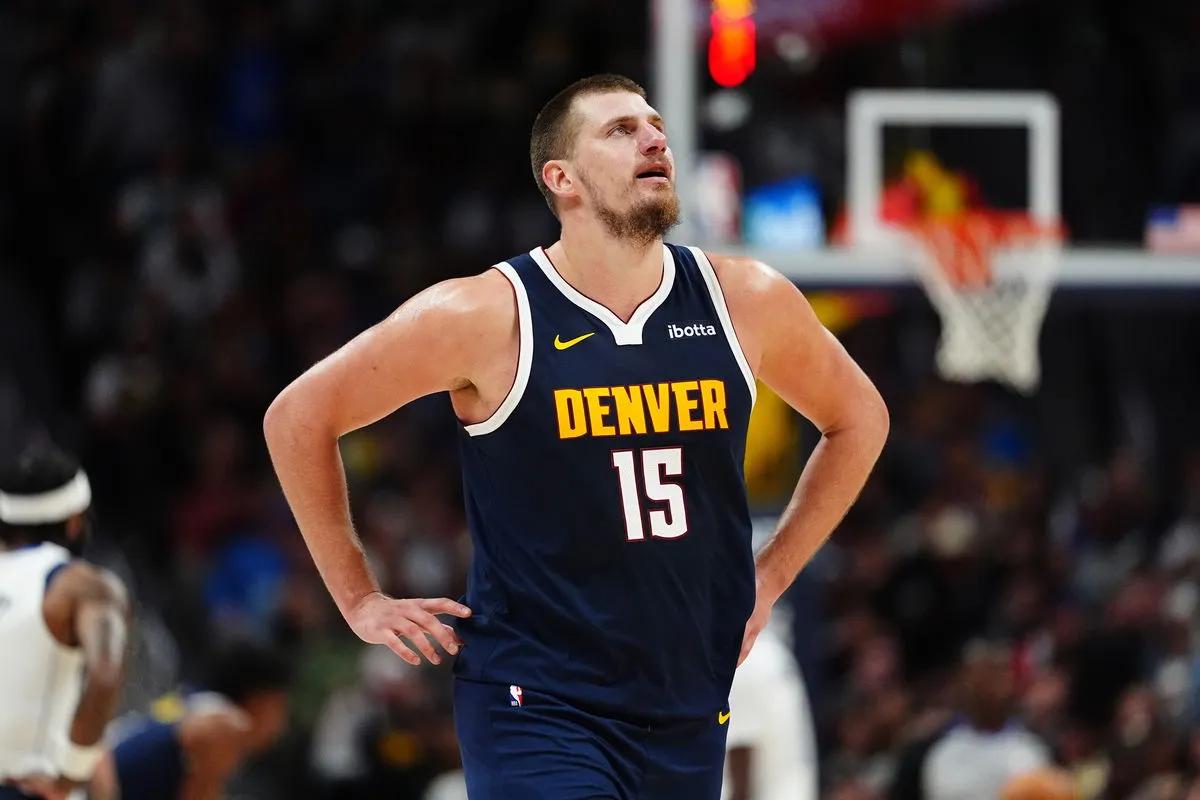
Luka brings the step-back threes, elite passing, and late-game heroics—all with a relaxed tempo that’s reminiscent of Jokic. Giannis offers the brute force and defensive dominance, coupled with an unmatched work ethic. And together, these three international stars represent the NBA’s next decade—one less defined by marketability and more by impact.
The result? A generation of younger American players is now learning from the overseas playbook. Players like Jalen Brunson and Tyrese Haliburton have been praised for their basketball IQ and unselfishness—attributes once overlooked in favor of raw power and highlight potential.
It’s no longer just about being the fastest or strongest; it’s about being the smartest and most adaptable, traits Jokic has mastered.
Jokic’s path: A Serbian story built on patience and passion
To understand how Jokic reached this point, you have to understand his roots. Hailing from Sombor, Serbia, he wasn’t groomed in elite AAU circuits or prep school dynasties. He didn’t enter the NBA with flashy mixtapes or a top-five draft profile. He was drafted during a Taco Bell commercial—with most fans having no idea who he was.
But behind that modest entry was a player forged in the European basketball tradition, where fundamentals, spacing, and ball movement reign supreme. Jokic grew up watching old-school tape, studying passing angles, and learning the importance of positioning over verticality.
His game today is the culmination of that upbringing—a reflection of discipline over flash, humility over hype.
In contrast, many American stars are pushed through systems that emphasize branding as much as skill. They’re forced into the spotlight early, often before their games have fully matured. Jokic never had that burden—and it may be his greatest advantage.








